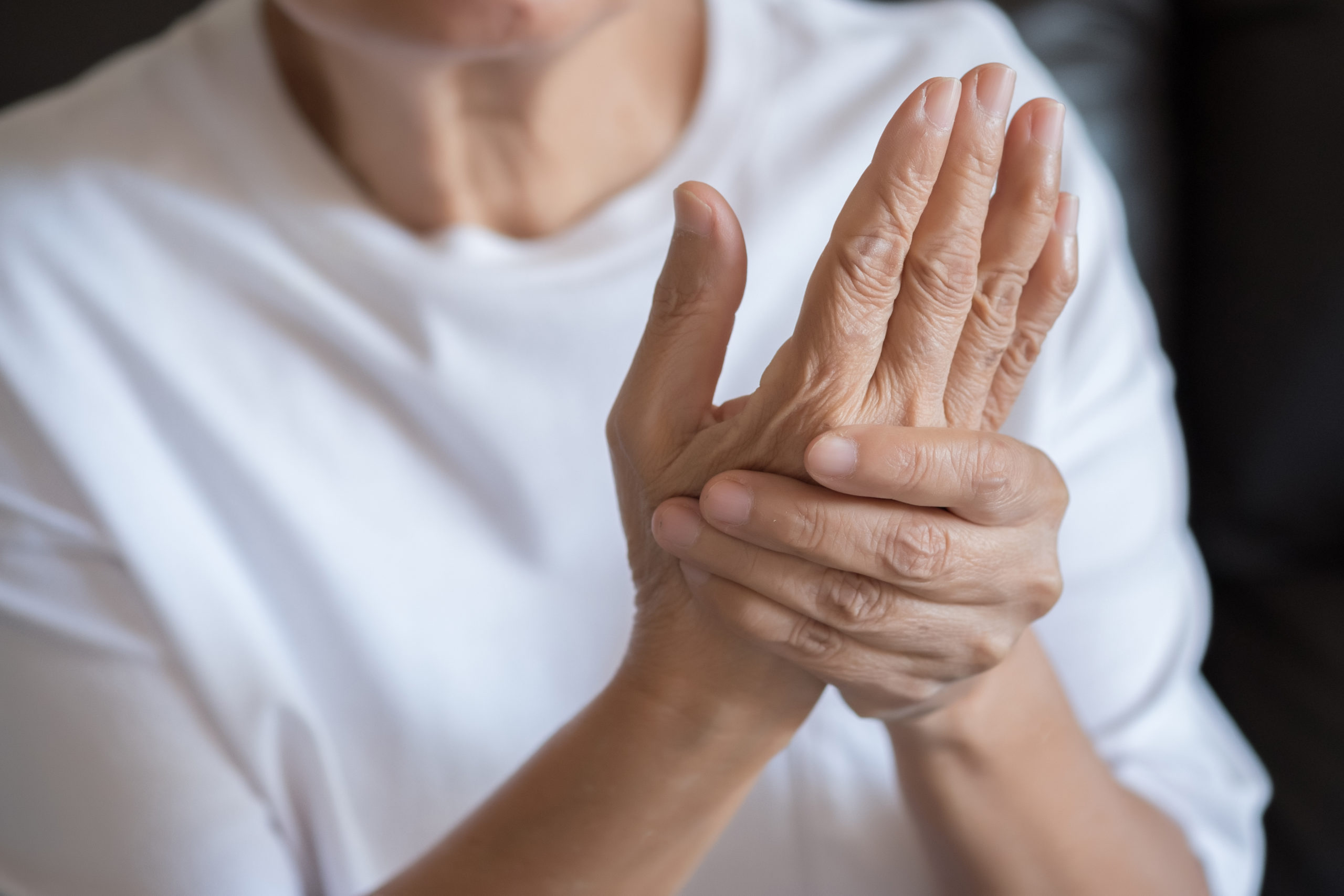
Osteoarthritis (OA) is a major cause of disability among American adults. It is estimated that almost half of all adults in the United States will develop knee OA by 85 years of age. At the same time, there is an anticipated shortage of rheumatologists, with a 2015 American College of Rheumatology (ACR) workforce study projecting that by 2030, demand for adult rheumatologists will exceed supply by more than 4000 clinical full-time equivalent practitioners. Thus, it is increasingly critical for physicians and advanced care providers in primary care fields to be confident and comfortable in diagnosing and managing knee OA. Previous work has indicated primary care providers (PCPs) feel they lack knowledge to effectively manage and treat OA.1
To help address this issue, Mandl et al created a free online program comprising content to address barriers that impede PCPs’ recognition and treatment of knee OA.1 The educational program is aligned with the 2019 ACR/Arthritis Foundation Guideline for Management of Osteoarthritis of the Hand, Hip, and Knee.2 The program’s objectives were for learners to (1) recognize patients at high risk for painful knee OA, (2) diagnose painful knee OA during a patient encounter and distinguish it from other causes of knee pain, (3) individualize management of knee OA, (4) access resources to support patients’ self-management of painful knee OA, and (5) feel more confident in their ability to care for patients with knee OA. Mandl and colleagues assessed whether completing the program led to improvements in participants’ confidence in knowledge and ability to effectively manage knee OA.
The program incorporated active learning with retrieval practice and embedded 18 case-based, multiple-choice questions within developed modules. Participants included a target audience of primary care clinicians, as well as secondary audiences, such as physical therapists, orthopedic surgeons, nurse practitioners, and physician assistants. Recruitment was done through the Hospital for Special Surgery, including promotion using social media, email campaigns, and continuing medical education websites. The program, Effectively Caring for Patients with Knee Osteoarthritis: An Online Program for Primary Care Clinicians, was launched in April 2022.
During the first 9 months postlaunch, 765 individuals registered. Only 42% reported a clinical focus in primary care, and around 7% of participants were from outside the United States. Overall, participants reported a wide range of preprogram confidence in their knee OA knowledge. Their confidence in knee OA knowledge and skills improved after completing the course, with an increase in mean composite scores from 83.1 to 109.4 (P<.001). Over 95% of participants stated they would recommend this program to others.
The authors highlighted the importance of providing comprehensive, multimodal management of knee OA. Primary care clinicians who identify patients with knee OA can implement therapies before OA pain becomes chronic or evolves and becomes complicated by pain centralization. Those who participated in the program demonstrated clear improvement in their confidence and knowledge related to managing knee OA, with large effect sizes.
Some limitations of the study include the fact that downstream effects of improvement in knee OA knowledge and confidence could not be assessed, and the study was not designed to measure the clinical impact of improved self-efficacy. Nevertheless, this study explores an evidence-based education program using an integrative theory-based model to develop a program to target clinician deficiencies in knee OA knowledge and skills. It provides an interesting framework to consider for future medical education initiatives.
References
[1] Mandl LA, Lin MA, Gottesman SP, et al. An online program for primary care practitioners to enhance confidence in ability to care for patients with or at risk of painful knee osteoarthritis. ACR Open Rheumatol. 2023. doi:10.1002/acr2.11643
[2] Kolasinski SL, Neogi T, Hochberg MC, et al. 2019 American College of Rheumatology/Arthritis Foundation Guideline for the Management of Osteoarthritis of the Hand, Hip, and Knee. Arthritis Care Res. 2020;72(2):149-162. doi:10.1002/acr.24131







 © 2025 Mashup Media, LLC, a Formedics Property. All Rights Reserved.
© 2025 Mashup Media, LLC, a Formedics Property. All Rights Reserved.